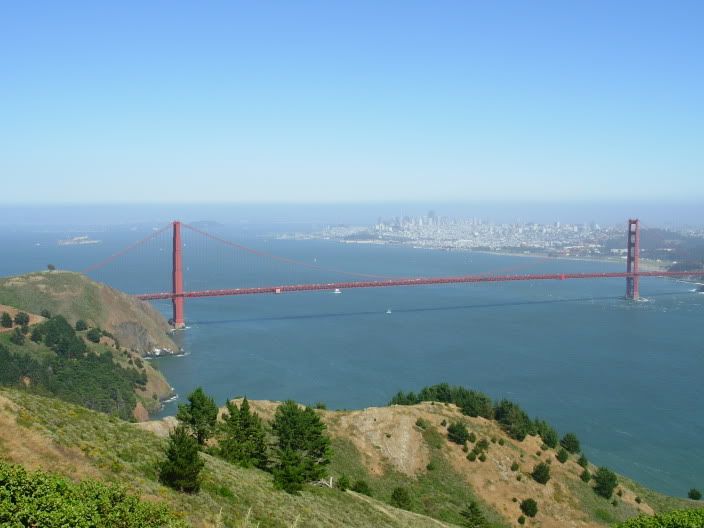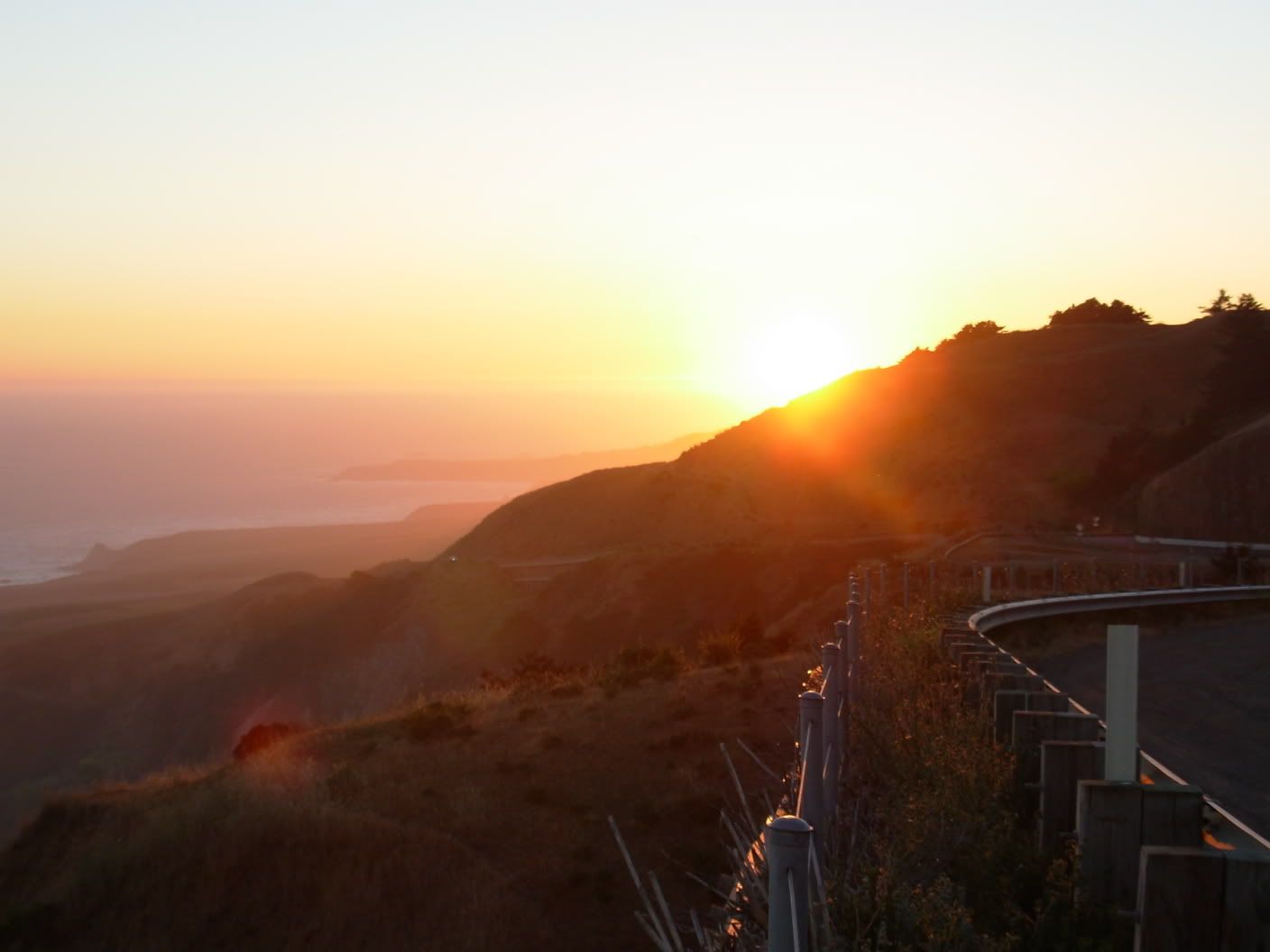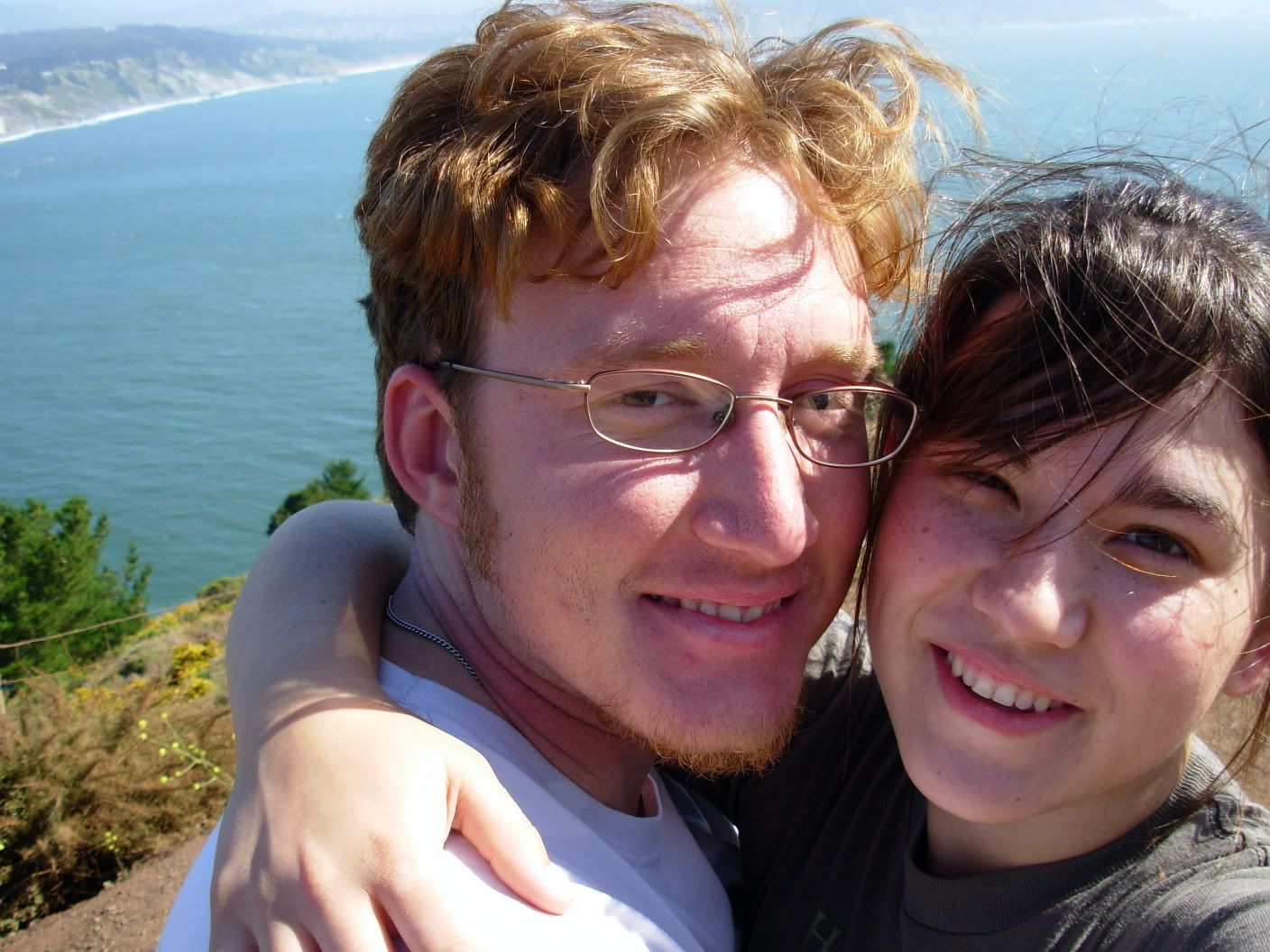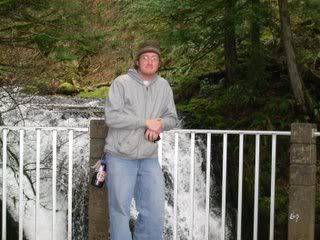Oddly enough, as I write this, I'm sitting back in Kampala at Cafe Pap's having a mocha and eating forced bites of a friends chocolate cake as it is actually quite bigger than expected when ordered. But this is just one cake, one of many in an odd week of confections and surprises.
The first one perhaps should have been expected. It was my birthday after all, and there were hints and rumors of something happening that night as word leaked out throughout the office what the day signified for me. This mostly accompanied raised eyebrows and surprised expressions when they realized the extent of the number of these celebrations I'd seen behind me. Well, that and one completely unveiled threat of a caning from Jolly who felt she was informed of the holiday far too late for her own tastes. But that's good office humor, threats of beatings, being forced to walk back to
Back at home, the celebrations were less subtle, as I walked in to see the white board decorated with a decrepit old man and another Happy Birthday sign. To my complete surprise, as I have seen nothing of the sort since arriving in Gulu, Adam walks around the corner after dinner with a proper cake. Frosting and all, the thing glew with candles and pink inscription that read, wittily, "Happy Birthday Mzee!" Great minds. Several other nice surprises followed, as one girl gifted me with a hand-drawn birthday card with cartoon representations of everyone in the house. We had a grand time trying to figure out who was who and then I remembered that the truck came up from Kampala and had been laden down with a large box from my sister (sever other well-timed boxes would arrive over the next few days convincing everyone involved that I was actually quite well-loved back in the States.) We opened up dispersed some of the candy and gum, gooed over the picture of my young nephew playing the bass and his grossly misspelled accounting of an adventure in Mexico, and laughed about whether the pink backpacks were really for me or for the kids. (Of course, for those more revelry minded, we did retire to the best (only) pub in town for a couple (five or six) drinks that night and some sorts of celebrations—luckily the place was nearly empty that night so we didn't exactly mind our manners as much as we normally do when we're pretending to be the good Mzungus that we are.)
But this is the beginning. Two days later, another party, this one a bittersweet celebration of a much appreciated member of our team who was going home. Her boyfriend Tony (the one with the cows for those of you keeping track) held a grand celebration on the roof of his apartment with some of the best meat I've had in Gulu, plenty of refreshments and never ending hospitality. There was no cake there, but just before we left, we celebrated the birthday of one our great Danes (Julie, a girl from
And of course it doesn't end there. Some short days later, we moved over to a local lady Betty's house. Betty is pretty much everyone's friend who we get to wave "Apwoyo" to as we come and leave from work. She invited us over for her birthday celebration. To be honest, I went bracing myself for a meal of posho (bland mashed maize bread) and maybe some rough, stringy chicken. Ashamedly, I was surprised by a wonderful meal of meaty, juicy chicken with a delicious sauce, tasty potatoes and pasta, with some of the largest bananas I've seen. After our feast, we brought out another cake and she declared it one of the happiest days she's had in some time. She saved half the cake to bring in to work the next day and share with her coworkers to display how grand a time she had the night previous and we all joked about when her next birthday would be (hopefully next week…)
The next cake, is really more one of those, "well doesn't that just take the cake" lame jokes, but I finished up the week by checking off one of the long-awaited African experiences off my list… Malaria. I knew I was in trouble when I woke up in the middle of the night really cold and noticed I had wrapped by sheet around me like a shroud. That can never be a good sign. After most of a day of work and a really ill-conceived half mile walk home I collapsed on the couch and hoped the boda driver I paid would actually return with water. A couple of days of sweating and watching the DVDs my friend had just sent for me, and I was starting to feel better. I had seriously considered trying to write a blog during the experience but then I decided even if it made any sense, it would just sound whiny.
So, no real profound revelations. I suppose there was some in there somewhere, but sadly they are buried by my sad attempts at humor and trying to get this thing out so I can get down to work. Sometime soon I'll talk about what I'm doing in Kamapala this weekend besides enjoying wireless internet and drinking mochas (and taking a few bites of cake).
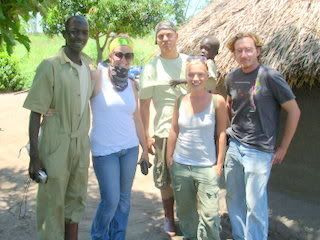
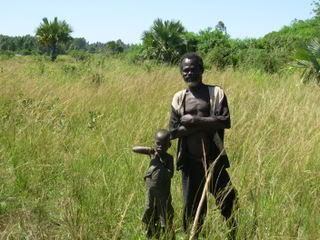
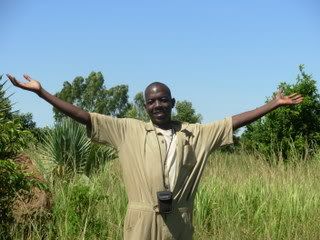
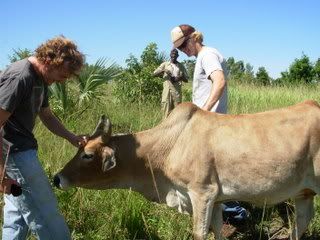
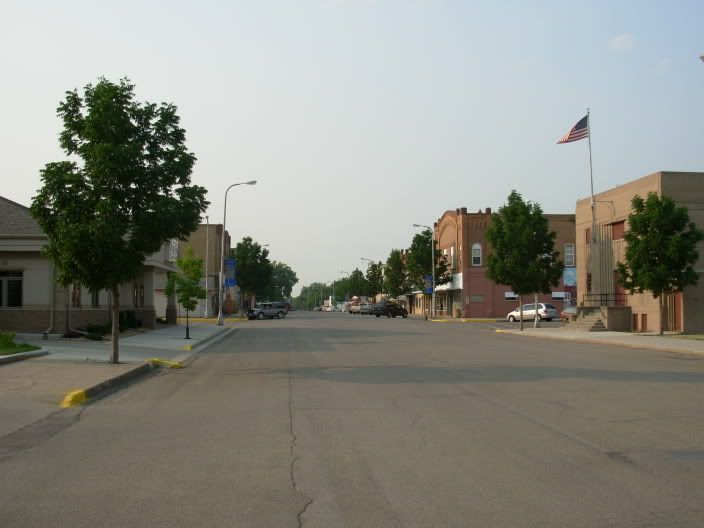 Main Street, Park River. (notice the complete lack of stop lights)
Main Street, Park River. (notice the complete lack of stop lights)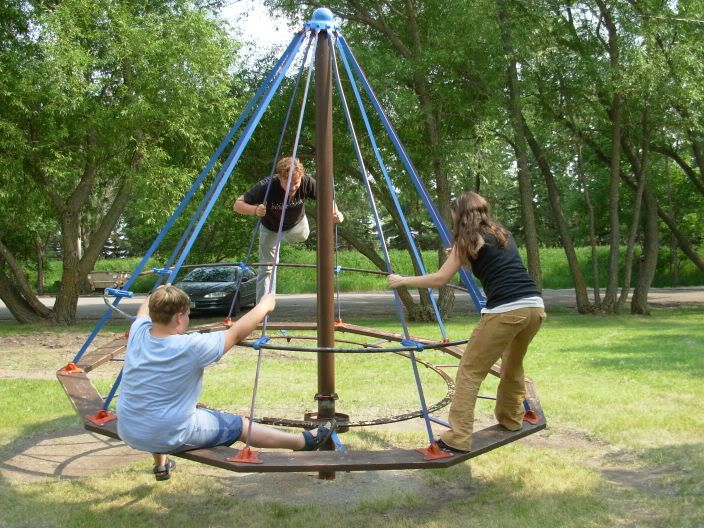
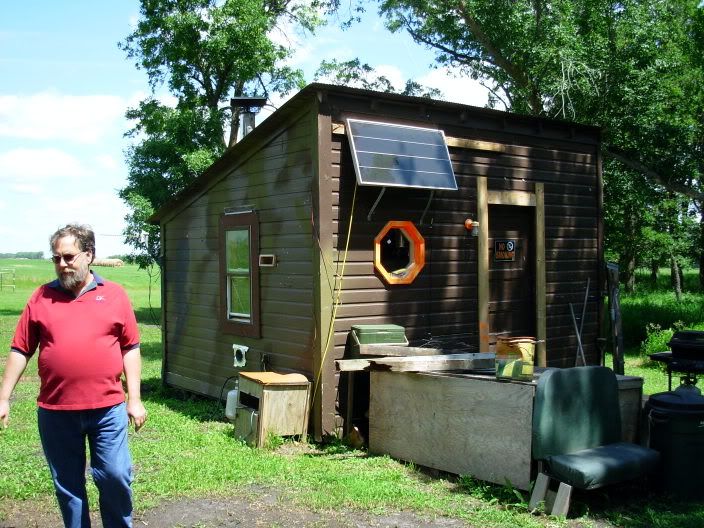 My father at the hunting shack.
My father at the hunting shack.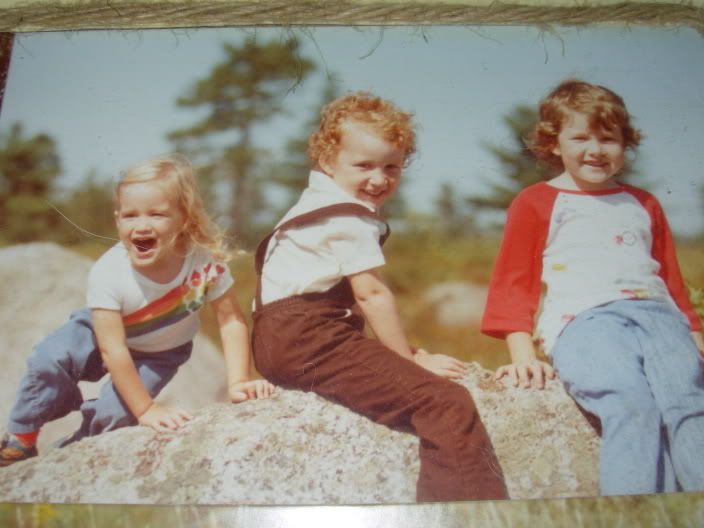 My sisters and I quite some time ago.
My sisters and I quite some time ago.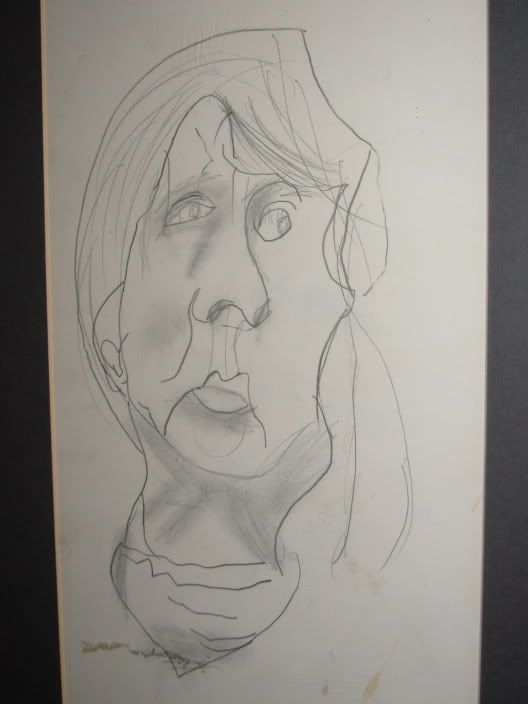 A portrait of my grandmother I made at age, well, very young.
A portrait of my grandmother I made at age, well, very young.
